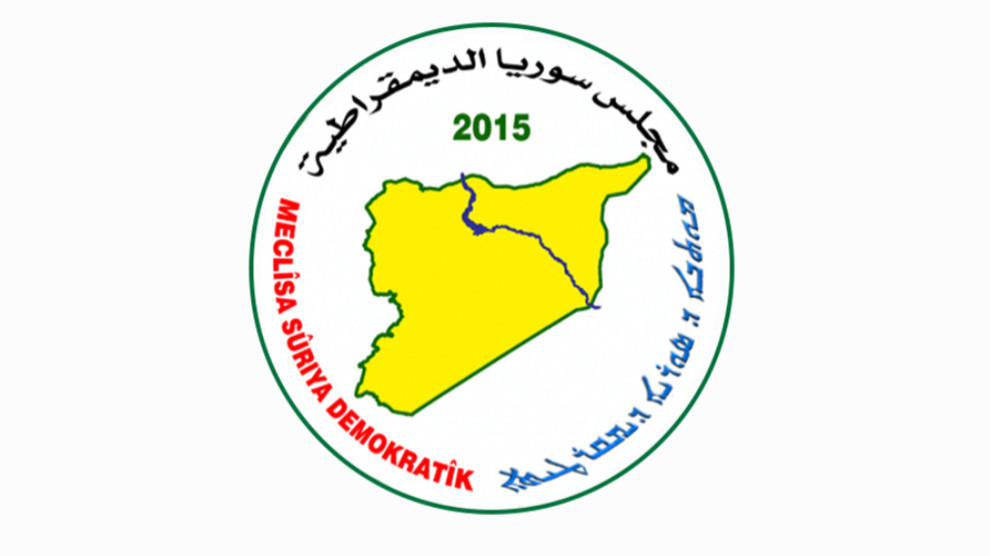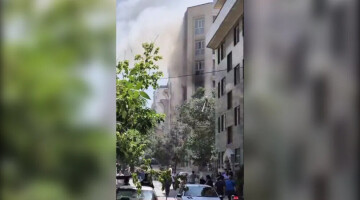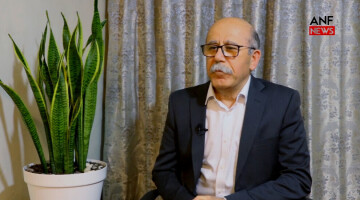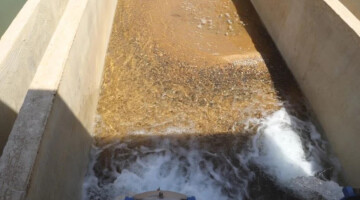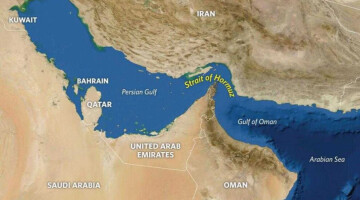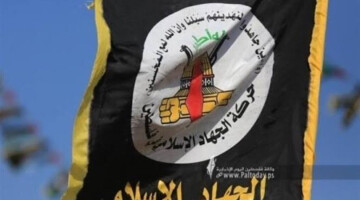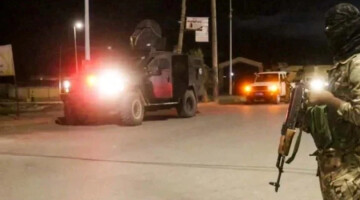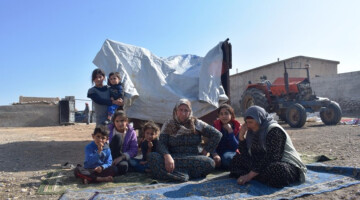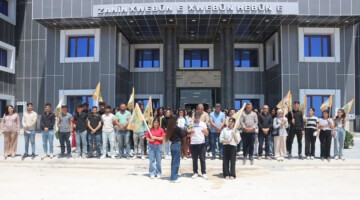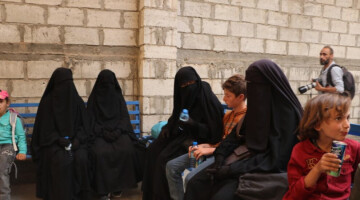The coronavirus is also spreading in the Middle East. Iran is particularly affected by the Covid-19 pandemic - there are thousands of dead and infected people. According to the government, there is only one single case of corona in Syria, although the country is closely linked to Iran and Iranian Hezbollah militias as well as Shiite pilgrims frequently travel back and forth between the two countries. The low number of corona cases therefore seems rather implausible.
It is true that Damascus last week decided to close schools and universities until 2 April, cancelled all cultural and sport events, postponed the parliamentary elections scheduled for 13 April until the end of May and closed the border crossings with Lebanon and Jordan. However, Damascus International Airport was closed to commercial international traffic only the weekend after the arrival of a last flight from Moscow. Domestic flights continue to take off, and freedom of travel is still in force. This is in contrast to the self-governing areas in northern and eastern Syria, where border crossings have been closed for some time and measures such as curfews are in place to prevent the introduction of coronavirus.
Against this background, the Syrian Democratic Council (MSD) calls on the government in Damascus to introduce consistent protective measures and tighten restrictions on daily life. All borders should be closed and all flights should be cancelled without exception, according to MSD which calls upon the United Nations to fulfil its responsibility for refugees in the camps and at the borders.
Aid should not be interrupted, the MSD demands and continues: "The fact that some borders with neighbouring countries are still open and the airports are still in operation poses a threat to the people of Syria, particularly because of the rapid spread of the virus in Iran. It has been made clear time and again that the virus is already contagious during its incubation period of two weeks and that such cases are not detected at all. Syria's government is trying to convey the message that it has everything under control. The state television shows images of the airport building in Damascus and airplanes being disinfected. Arriving passengers' body temperatures are measured, and thermal imaging cameras are also shown. This is not enough.”
The MSD also warns of a spread of the coronavirus in the Turkish occupation zone of northern Syria. Turkey has not taken any preventive measures there and has even cut off the water to the Hesekê region, which is a major hygiene problem for the region and is conducive to the spread of the virus.
The MSD also points out that there is still too much traffic within Syria, which means that the virus can spread throughout the country. The risk of a pandemic also affects in particular the refugee camps in the north and east of Syria, where people are living without adequate assistance.
The MSD calls on Damascus to contact the local government’s health committees and take precautionary measures and urges the United Nations to provide the necessary assistance throughout Syria.

